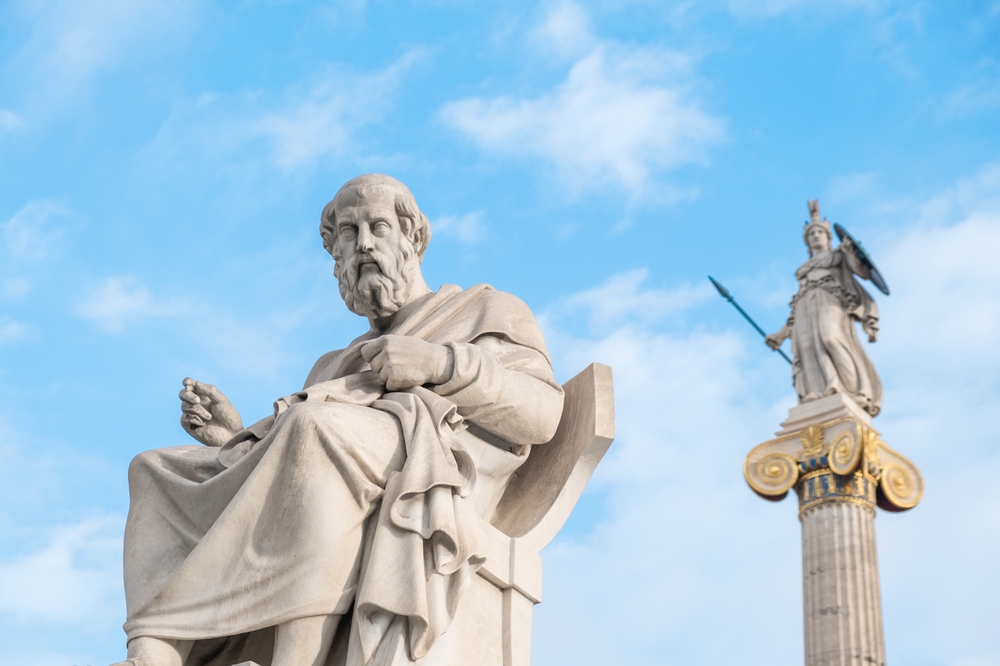
Discipline isn’t just about willpower. It’s about having a guiding philosophy that gives your actions meaning. For thousands of years, men across civilizations have looked to timeless teachings to sharpen their character and maintain self-control. From ancient Greece to the Far East, these philosophies built warriors, leaders, and thinkers who valued mastery over impulse. Today, those same principles remain relevant for men striving to build focus, resilience, and purpose in a chaotic world. Here are seven ancient philosophies that still shape male discipline today.
1. Stoicism: Mastering Emotions Through Reason
Stoicism, born in ancient Greece, teaches that men should focus only on what they can control: their thoughts, choices, and reactions. Stoics like Marcus Aurelius and Seneca believed that emotional mastery is the highest form of strength. Modern men still draw from these teachings to stay calm under pressure and respond to life’s challenges with logic instead of impulse. By practicing gratitude, detachment, and perspective, Stoicism becomes a mental armor against chaos. Its message is simple but powerful: control your mind, and you control your life.
2. Confucianism: Building Strength Through Respect and Duty
Confucius emphasized that true discipline comes from fulfilling one’s responsibilities with integrity and honor. His teachings revolved around self-cultivation, family respect, and societal harmony. For men, this philosophy instills the idea that discipline isn’t just personal. When a man practices patience, humility, and respect, he strengthens not only himself but his entire community. Confucianism reminds men that discipline is measured not by dominance, but by consistent character.
3. Bushido: The Way of the Samurai
In Japan, the samurai followed Bushido, a strict code that blended loyalty, courage, and self-control. To live by Bushido meant embracing discipline in every action, whether in battle or daily life. Men who follow these principles today focus on mastery, humility, and mental endurance rather than reckless aggression. Bushido teaches that real strength lies in serving a higher purpose with calm determination. The disciplined man, like the samurai, moves with honor even when no one is watching.
4. Taoism: Finding Discipline Through Balance
Taoism, rooted in ancient Chinese philosophy, centers around harmony between effort and rest, ambition and acceptance. It teaches men that pushing too hard can be as harmful as not pushing at all. Discipline, in Taoist thought, is not about force but about flow, acting with awareness and alignment. This philosophy helps men stay centered, adapting to life’s challenges without losing inner peace. By following the Tao, or “the Way,” men learn to discipline their energy rather than their emotions.
5. Spartan Philosophy: Strength Through Sacrifice
The Spartans of ancient Greece built one of the most disciplined societies in history. From childhood, boys were trained to endure pain, resist luxury, and fight for their community’s survival. This philosophy of self-denial forged resilience and loyalty (qualities modern men can still learn from). Spartan discipline teaches that strength comes from hardship, not comfort. By embracing discomfort, men cultivate endurance, courage, and a sense of purpose that outlasts fleeting motivation.
6. Buddhism: Mastering Desire to Find Focus
Buddhism teaches that attachment and desire often cloud judgment and destroy discipline. Through mindfulness and meditation, men can train their minds to remain steady and free from distraction. The disciplined man, according to Buddhist thought, isn’t emotionless… he’s self-aware. By observing his impulses instead of obeying them, he becomes mentally unshakable. In a world of constant noise and temptation, Buddhist discipline offers clarity and control through inner stillness.
7. Roman Virtue Ethics: Discipline as Moral Excellence
The Romans believed discipline wasn’t just about productivity. It was about virtus, or moral excellence. Leaders like Cato the Younger embodied this through courage, restraint, and service to the greater good. To live virtuously meant holding oneself accountable in all areas of life, from personal habits to public duty. This philosophy reminds modern men that discipline without ethics is hollow. True discipline refines the soul, not just the schedule, creating strength rooted in honor.
Why Ancient Discipline Still Matters for Modern Men
Today’s world rewards quick pleasure and instant results, but ancient wisdom calls men back to something steadier: self-mastery. These timeless philosophies teach that discipline isn’t punishment; it’s freedom from chaos. Whether through Stoic logic, Spartan endurance, or Buddhist mindfulness, the core lesson remains the same: control yourself before the world controls you. In a time when distractions are endless, ancient discipline offers modern men the clarity to stay grounded and purposeful.
Which of these ancient philosophies resonates most with your personal discipline? Share your thoughts or daily practices in the comments below!
What to Read Next
The post 7 Ancient Philosophies That Still Shape Male Discipline appeared first on Clever Dude Personal Finance & Money.







